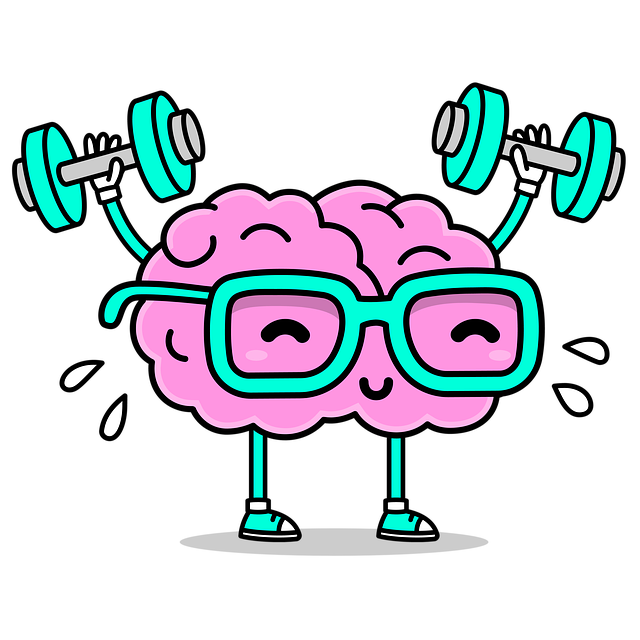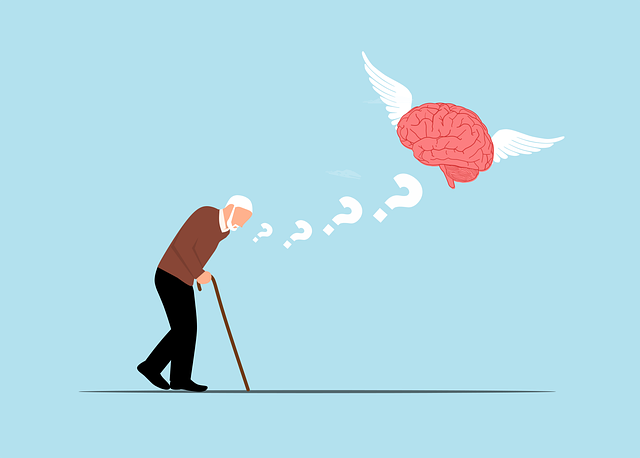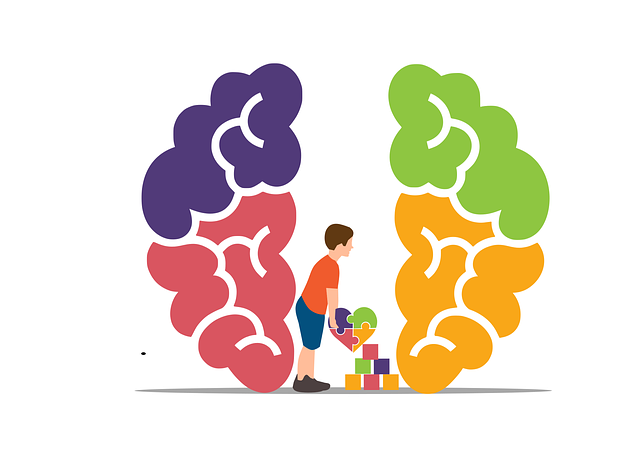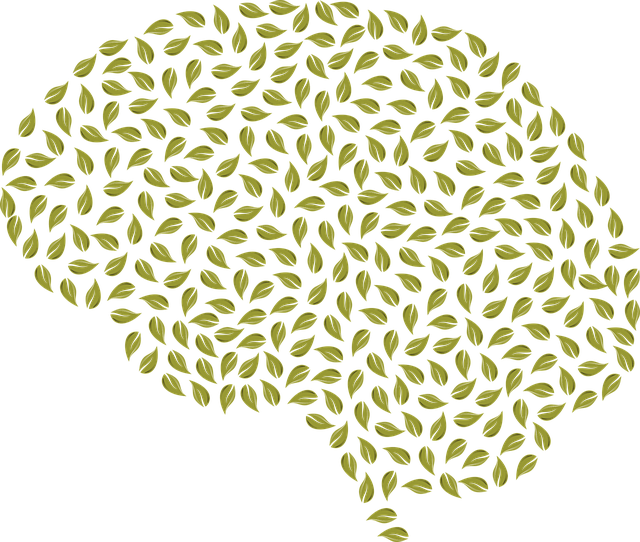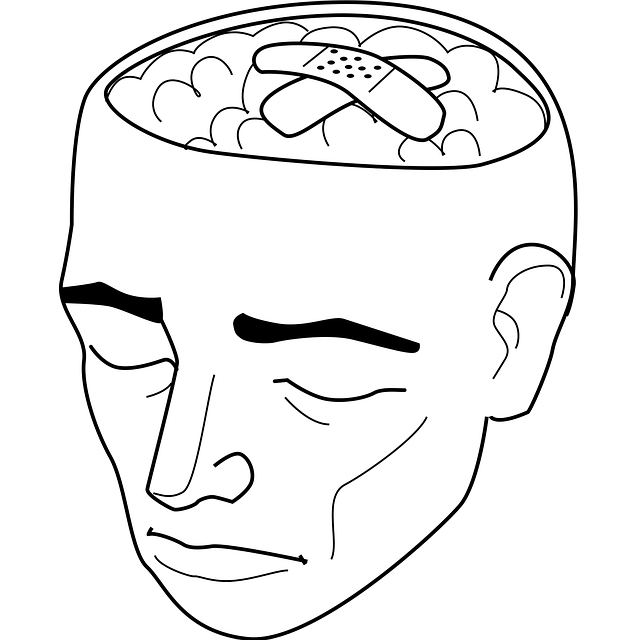Westminster Dialectical Behavioral Therapy (DBT) is an evidence-based approach to social skills training for individuals with mental health conditions, focusing on emotional regulation, self-care, and mindfulness. By integrating DBT techniques into social skills development, this therapy empowers clients to navigate interpersonal interactions more effectively, build healthier relationships, and improve their overall mental well-being, especially in the face of anxiety or depression.
Social skills are crucial for mental well-being, yet individuals with conditions like anxiety or depression often struggle in social settings. This article explores the importance of social skills training (SST) and its impact on managing mental health. We delve into the role of evidence-based approaches such as Dialectical Behavioral Therapy (DBT) and highlight key components of effective SST programs. Specifically, we discuss how Westminster DBT integrates social skills development for enhanced mental health outcomes.
- Understanding Social Skills and Their Impact on Mental Health
- The Role of Dialectical Behavioral Therapy (DBT) in Social Skills Training
- Key Components of Effective Social Skills Training Programs
- Integrating Westminster DBT into Social Skills Development for Better Mental Well-being
Understanding Social Skills and Their Impact on Mental Health

Social skills are integral to our daily interactions and overall well-being, but for individuals with mental health conditions, navigating social situations can be challenging. These skills, often taken for granted, involve a range of behaviors, from effective communication to empathy and conflict resolution. They play a pivotal role in fostering connections, managing emotions, and enhancing overall mental resilience.
In the context of mental health disorders, inadequate or misdirected social skills can exacerbate symptoms and lead to feelings of isolation and low self-esteem. For instance, someone with anxiety might struggle to initiate conversations, while a person with depression may find it hard to maintain eye contact or express their needs. Westminster Dialectical Behavioral Therapy (DBT) recognizes this interplay between social skills and mental health, focusing on teaching individuals effective strategies to navigate interpersonal interactions. By addressing these challenges, therapy can empower clients to build healthier relationships, improve self-esteem, and even prevent burnout, as well as contribute to a more comprehensive Mental Health Policy Analysis and Advocacy approach.
The Role of Dialectical Behavioral Therapy (DBT) in Social Skills Training

Dialectical Behavioral Therapy (DBT) has emerged as a powerful tool within social skills training for individuals managing mental health conditions, particularly those with borderline personality disorder (BPD). This therapeutic approach, developed by Dr. Marsha Linehan, integrates cognitive-behavioral techniques with concepts from mindfulness and acceptance-based strategies. By fostering self-awareness and emotional regulation, DBT empowers clients to navigate interpersonal interactions more effectively.
In the context of mental wellness and even Mental Health Policy Analysis and Advocacy, DBT’s structured format promotes skill acquisition in distress tolerance, mindfulness, interpersonal effectiveness, and emotion regulation. These modules are tailored to help individuals improve their self-esteem, enhance social connections, and develop healthier coping mechanisms. The Westminster Dialectical Behavioral Therapy approach has been widely recognized for its success in treating complex mental health issues while empowering individuals to take control of their emotional well-being.
Key Components of Effective Social Skills Training Programs

Effective social skills training programs for mental health conditions, such as those offered by Westminster Dialectical Behavioral Therapy (DBT), typically incorporate several key components. Firstly, they focus on emotional regulation techniques to help individuals manage their emotions in various social settings. This involves teaching mindfulness practices and coping strategies that enable better control over impulsive behaviors often associated with mental health struggles.
Secondly, these programs emphasize the development of a self-care routine for better mental health. By promoting healthy habits like regular exercise, adequate sleep, and structured routines, individuals gain tools to maintain their overall well-being. Additionally, positive thinking exercises are integrated into the curriculum to foster resilience and a more optimistic outlook on life, which is crucial in building and maintaining strong social connections.
Integrating Westminster DBT into Social Skills Development for Better Mental Well-being

Integrating Westminster Dialectical Behavioral Therapy (DBT) into social skills development offers a powerful approach to enhancing mental well-being, especially for individuals navigating mental health conditions. DBT is a evidence-based therapy that focuses on teaching individuals effective coping strategies, emotion regulation techniques, and mindfulness meditation practices. By incorporating these elements into social skills training, the program equips participants with the tools to navigate interpersonal interactions with greater confidence and ease.
This holistic approach addresses the interconnectedness of mental health and social relationships. For instance, the structured nature of DBT’s skill modules fosters a sense of predictability and safety, which can be particularly beneficial for those struggling with anxiety or depression. Mindfulness meditation practices encourage individuals to stay present in social situations, enhancing their ability to engage authentically and respond adaptively. Ultimately, this integrated approach empowers participants to build healthier relationships, improve communication, and cultivate positive thinking, all of which play a crucial role in depression prevention and overall mental health maintenance.
Social skills training, particularly through evidence-based methods like Westminster Dialectical Behavioral Therapy (DBT), plays a pivotal role in enhancing mental well-being. By focusing on key components such as mindfulness, distress tolerance, emotional regulation, and interpersonal effectiveness, these programs equip individuals with the tools to navigate social interactions successfully. Integrating DBT into social skills development not only improves existing mental health conditions but also fosters better overall mental health and quality of life.



